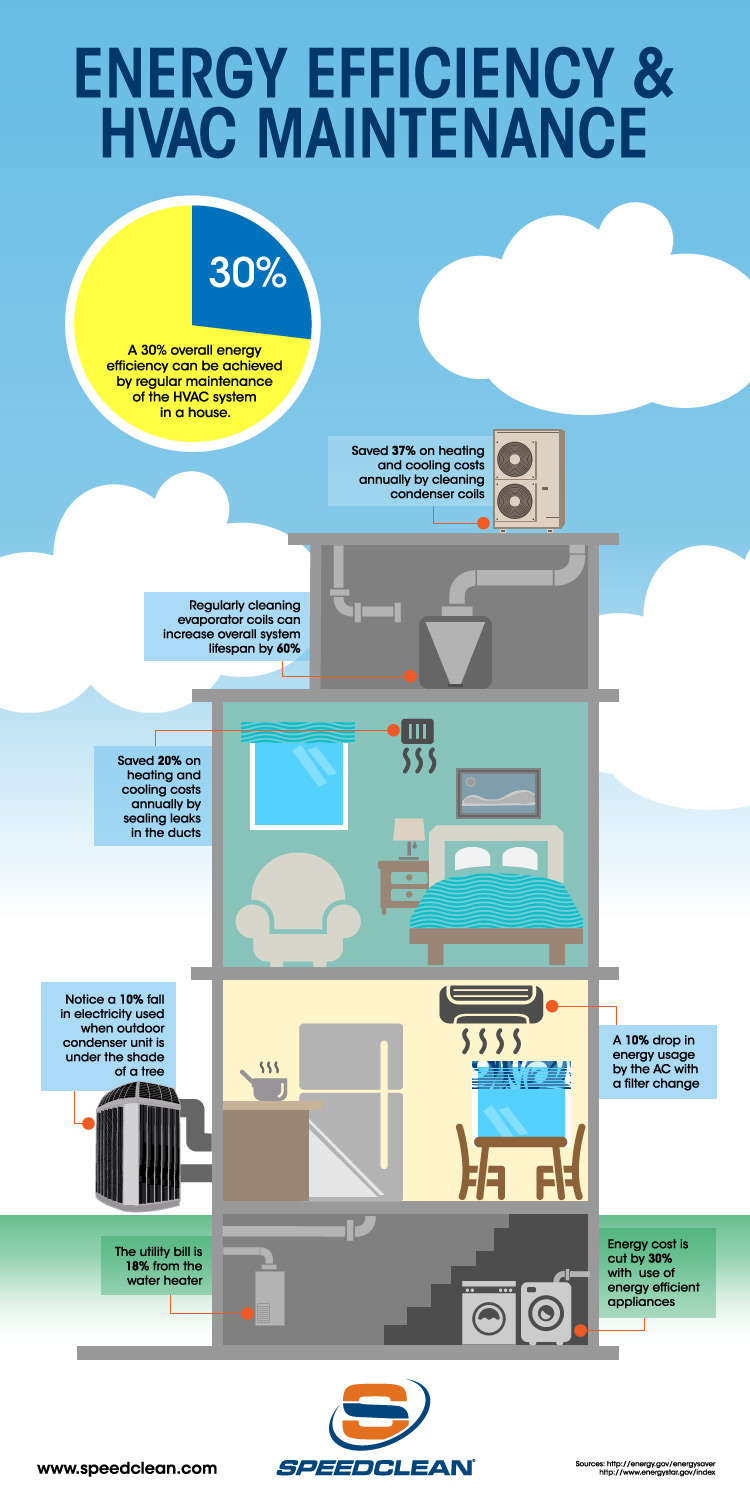Exploring The Environmental Benefits Of Warmth Pumps - A Sustainable Heating Option
Exploring The Environmental Benefits Of Warmth Pumps - A Sustainable Heating Option
Blog Article
Produced By-Glass Zhou
In an era where sustainability and energy performance are vital, lots of companies look for green home heating solutions. One such service is the heat pump.
A heatpump draws out the warm in its environments and pumps it into your home, causing one of one of the most effective green main heater around. This process likewise creates absolutely no greenhouse gas exhausts, making it an extremely lasting innovation.
Energy Efficiency
Heatpump are extremely power reliable and need little upkeep. They make use of much less electrical power than other heating unit and are by far one of the most eco-friendly. They work well with rooftop solar and can commonly spend for themselves in energy financial savings alone.
They can likewise give cooling, which is excellent for garage workshops, attic room hangouts and benefit spaces, and home additions without expanding the existing ductwork. https://filmdaily.co/lifestyle/best-air-conditioning-unit/ can even be utilized for retrofits in existing homes with hydronic (water-based) circulation systems such as reduced temperature radiators or radiant floors.
Look for models with SEER and HSPF ratings that meet or surpass copyright's minimum standards, as well as the standards in your area. Greater rankings indicate greater performance, which conserves you money in the future and reduces your carbon footprint. You may even qualify for refunds and rewards! The most effective systems are those with a ground warm exchanger for added performance. These devices can soak up thermal energy from the ground during the winter season and extract it in the summer season.
Reduced Greenhouse Gas Emissions
Heatpump work on power and essentially transfer heat from the air, even when it's chilly exterior. They are able to draw out the totally free warm trapped in air particles and relocate them inside your home, decreasing humidity while doing so.
Compared to gas furnaces, modern heat pumps utilize less than one kilowatt of electrical energy per kilowatt of home heating power they create. This makes them the most power efficient heating choice available with a POLICE OFFICER (Coefficient of Performance) of four or more. By reducing the requirement for nonrenewable fuel sources, heat pumps help reduce greenhouse gas emissions and cut various other significant air contaminants.
Building decarbonization is an international vital, and the heating and cooling sector is a key vehicle driver of that procedure. Whether it's investor making internet zero commitments, policy manufacturers setting discharges restrictions, or renters demanding greener spaces, electric heatpump are being recognized as an important solution. They are a cost-efficient way to minimize carbon emissions by eliminating the demand for nonrenewable fuel sources in structures.
Convenience
Heat pumps can be utilized in numerous types of homes and buildings-- with or without air ducts. They work with hot-water radiators, air-conditioning and programmable thermostats. They can replace furnaces or be set up in new homes. They can operate on photovoltaic panels, geothermal systems or even district home heating sources like wastewater.
They're great at providing more heat per energy unit. For example, an air-source heatpump generates up to three or more home heating devices from each electricity system it consumes.
Getting one of the most from your heatpump will certainly depend on your environment zone and quality of insulation. Search for designs with ENERGY STAR scores and compare their SEER or HSPF specifications. In warmer environments, focus on SEER; in colder areas, consider a system with a greater HSPF ranking. In addition, buy air sealing and insulation to reduce the load on your heat pump. That will certainly enhance power effectiveness and aid you reach your Web Zero objectives faster.
Biomass Boilers
Biomass boilers use wood pellets, chips or logs to create warmth and warm water. They are a great selection for off-grid buildings or those who wish to get off the gas grid.
As a standalone furnace, biomass can supply sufficient power to maintain your home cozy all year round without the typical warm drop off of other sustainable technologies. They can also be used together with solar panels to increase cost savings and benefit from RHI payments.
A drawback of these systems is the in advance price and regular fuel distributions. Commonly, pellets will require to be blown right into a fuel store making use of a vacuum system or they can be manually fed right into the boiler with a hopper. linked here are commonly self-sourced from neighboring timberland or bought wholesale. In addition to this, they require hand-operated loading and may require cleaning regularly.